Anthony Robins
Classifying States of the Hopfield Network with Improved Accuracy, Generalization, and Interpretability
Mar 04, 2025



Abstract:We extend the existing work on Hopfield network state classification, employing more complex models that remain interpretable, such as densely-connected feed-forward deep neural networks and support vector machines. The states of the Hopfield network can be grouped into several classes, including learned (those presented during training), spurious (stable states that were not learned), and prototype (stable states that were not learned but are representative for a subset of learned states). It is often useful to determine to what class a given state belongs to; for example to ignore spurious states when retrieving from the network. Previous research has approached the state classification task with simple linear methods, most notably the stability ratio. We deepen the research on classifying states from prototype-regime Hopfield networks, investigating how varying the factors strengthening prototypes influences the state classification task. We study the generalizability of different classification models when trained on states derived from different prototype tasks -- for example, can a network trained on a Hopfield network with 10 prototypes classify states from a network with 20 prototypes? We find that simple models often outperform the stability ratio while remaining interpretable. These models require surprisingly little training data and generalize exceptionally well to states generated by a range of Hopfield networks, even those that were trained on exceedingly different datasets.
GRIm-RePR: Prioritising Generating Important Features for Pseudo-Rehearsal
Nov 27, 2019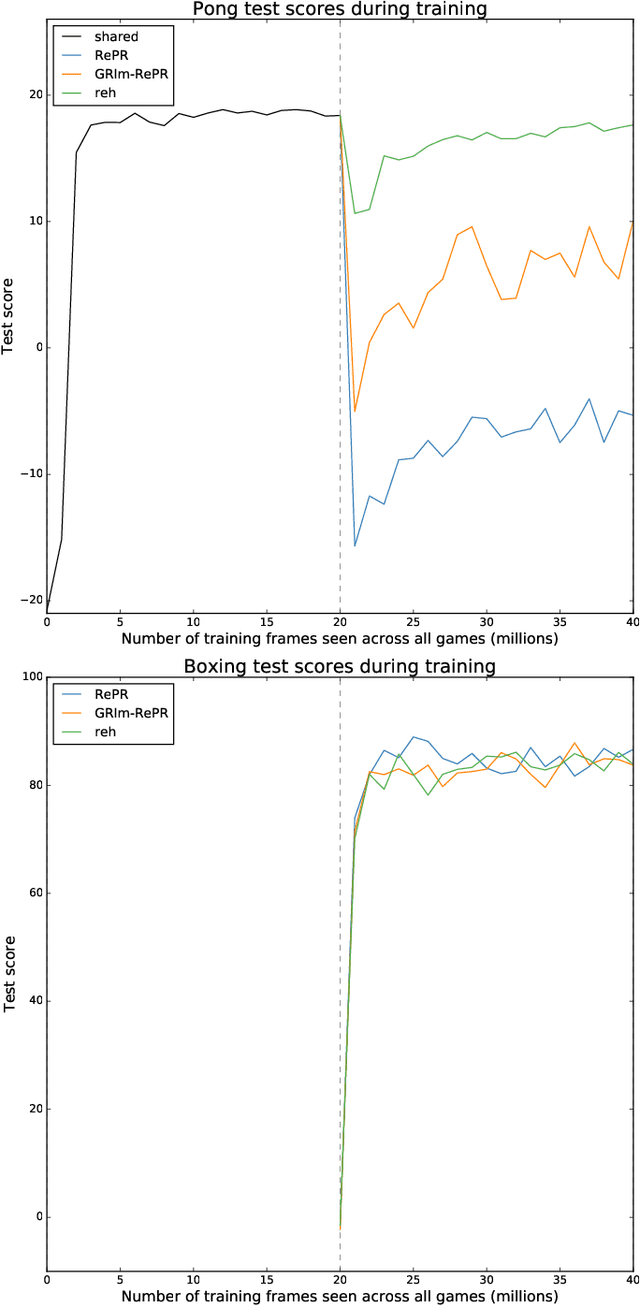
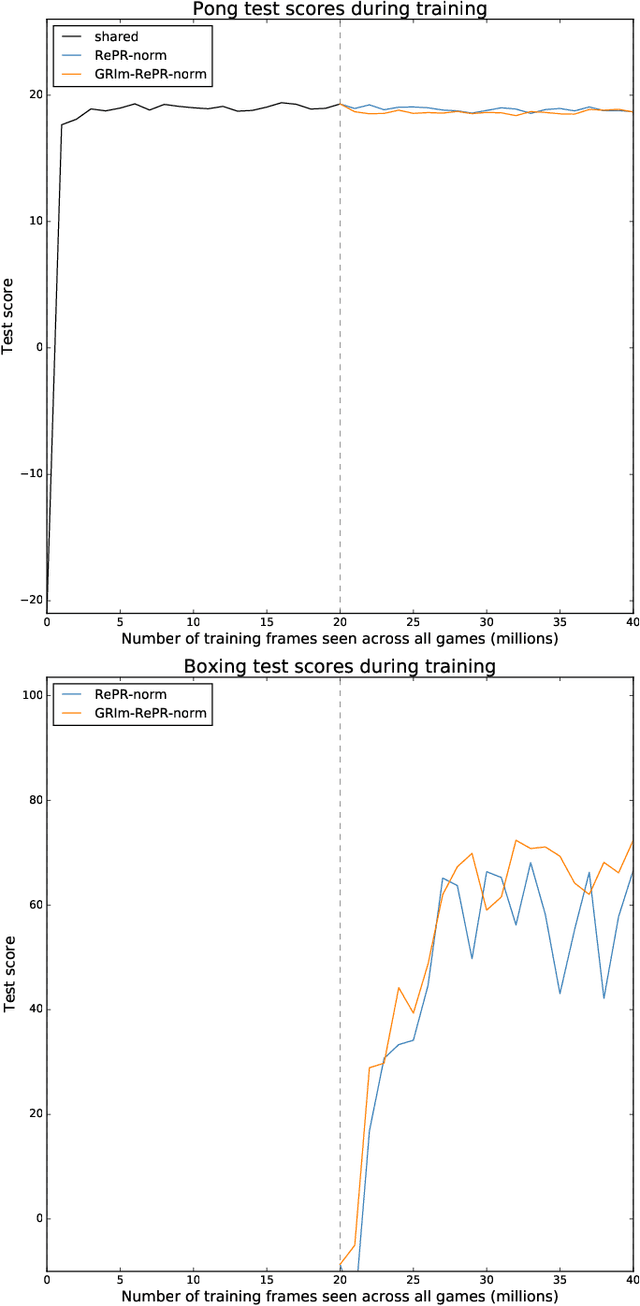
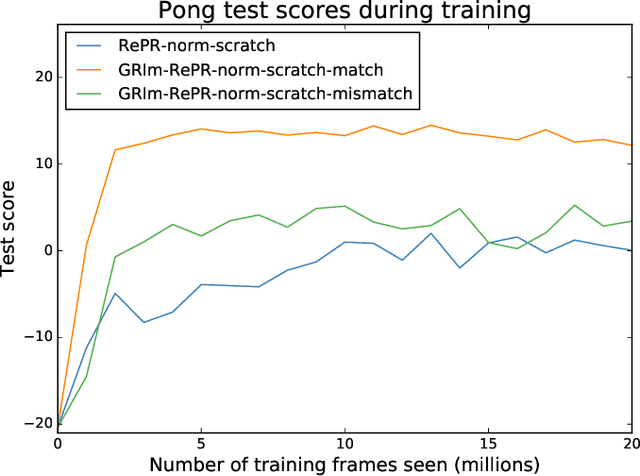
Abstract:Pseudo-rehearsal allows neural networks to learn a sequence of tasks without forgetting how to perform in earlier tasks. Preventing forgetting is achieved by introducing a generative network which can produce data from previously seen tasks so that it can be rehearsed along side learning the new task. This has been found to be effective in both supervised and reinforcement learning. Our current work aims to further prevent forgetting by encouraging the generator to accurately generate features important for task retention. More specifically, the generator is improved by introducing a second discriminator into the Generative Adversarial Network which learns to classify between real and fake items from the intermediate activation patterns that they produce when fed through a continual learning agent. Using Atari 2600 games, we experimentally find that improving the generator can considerably reduce catastrophic forgetting compared to the standard pseudo-rehearsal methods used in deep reinforcement learning. Furthermore, we propose normalising the Q-values taught to the long-term system as we observe this substantially reduces catastrophic forgetting by minimising the interference between tasks' reward functions.
Pseudo-Rehearsal: Achieving Deep Reinforcement Learning without Catastrophic Forgetting
Dec 06, 2018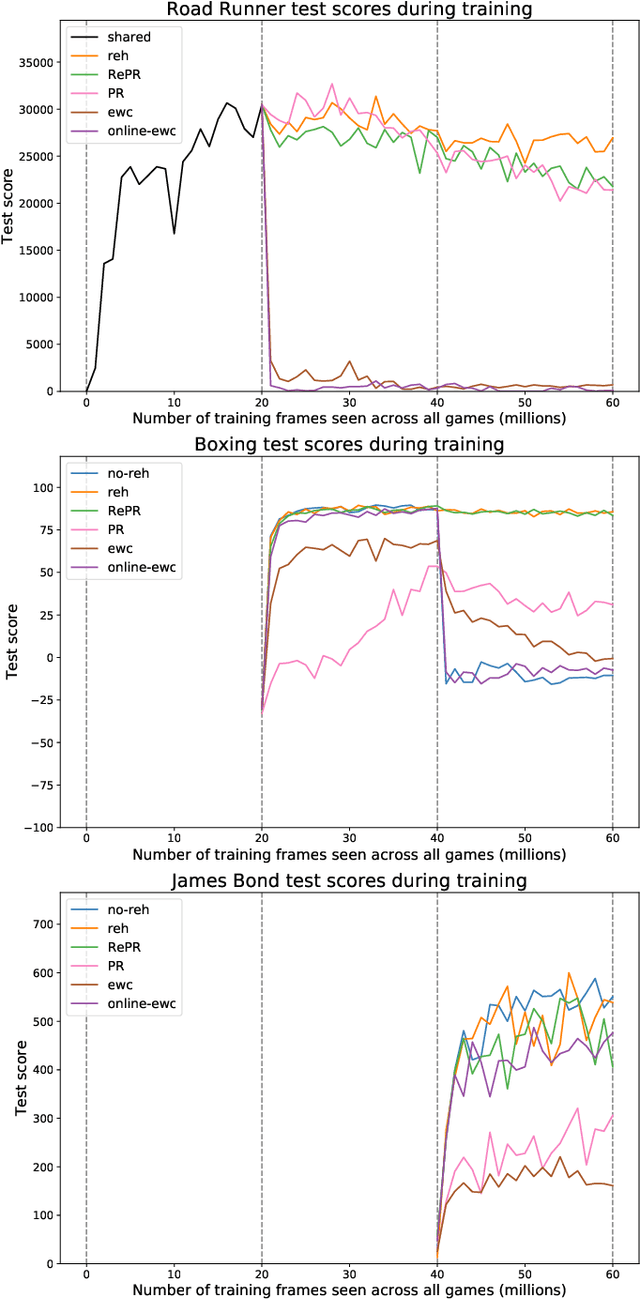
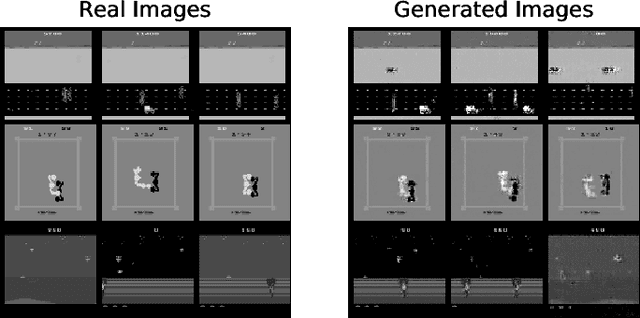
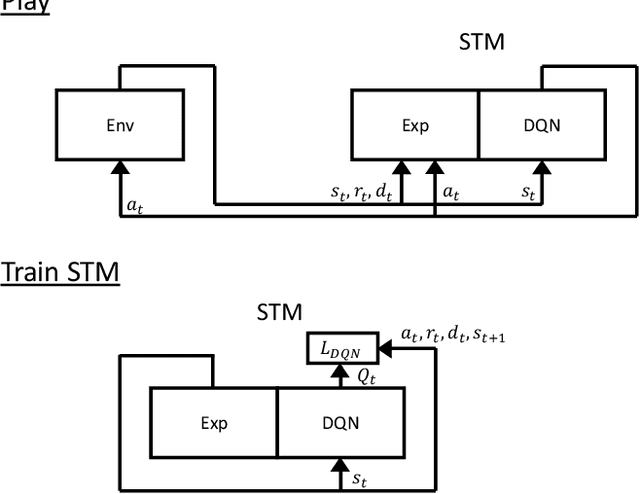
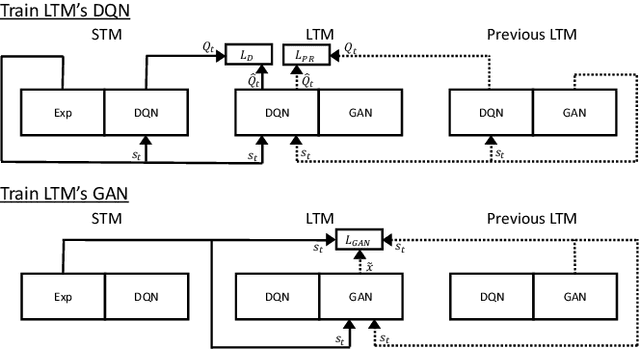
Abstract:Neural networks can achieve extraordinary results on a wide variety of tasks. However, when they attempt to sequentially learn a number of tasks, they tend to learn the new task while destructively forgetting previous tasks. One solution to this problem is pseudo-rehearsal, which involves learning the new task while rehearsing generated items representative of previous task/s. We demonstrate that pairing pseudo-rehearsal methods with a generative network is an effective solution to this problem in reinforcement learning. Our method iteratively learns three Atari 2600 games while retaining above human level performance on all three games, performing similar to a network which rehearses real examples from all previously learnt tasks.
Pseudo-Recursal: Solving the Catastrophic Forgetting Problem in Deep Neural Networks
May 07, 2018
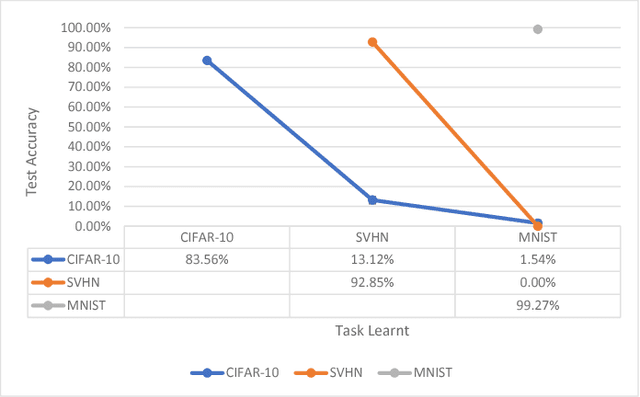
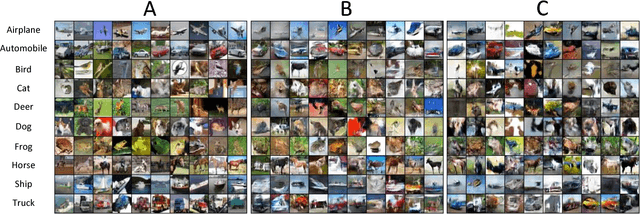
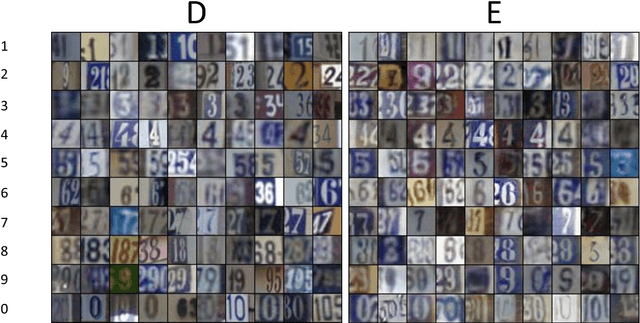
Abstract:In general, neural networks are not currently capable of learning tasks in a sequential fashion. When a novel, unrelated task is learnt by a neural network, it substantially forgets how to solve previously learnt tasks. One of the original solutions to this problem is pseudo-rehearsal, which involves learning the new task while rehearsing generated items representative of the previous task/s. This is very effective for simple tasks. However, pseudo-rehearsal has not yet been successfully applied to very complex tasks because in these tasks it is difficult to generate representative items. We accomplish pseudo-rehearsal by using a Generative Adversarial Network to generate items so that our deep network can learn to sequentially classify the CIFAR-10, SVHN and MNIST datasets. After training on all tasks, our network loses only 1.67% absolute accuracy on CIFAR-10 and gains 0.24% absolute accuracy on SVHN. Our model's performance is a substantial improvement compared to the current state of the art solution.
 Add to Chrome
Add to Chrome Add to Firefox
Add to Firefox Add to Edge
Add to Edge